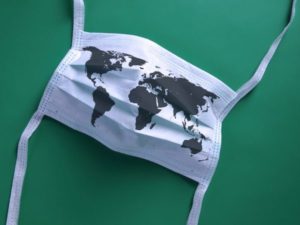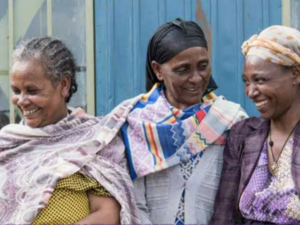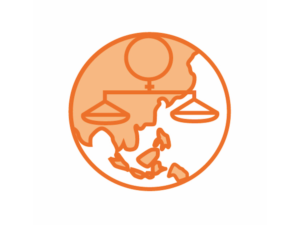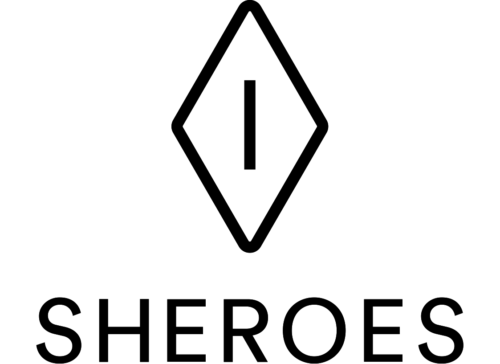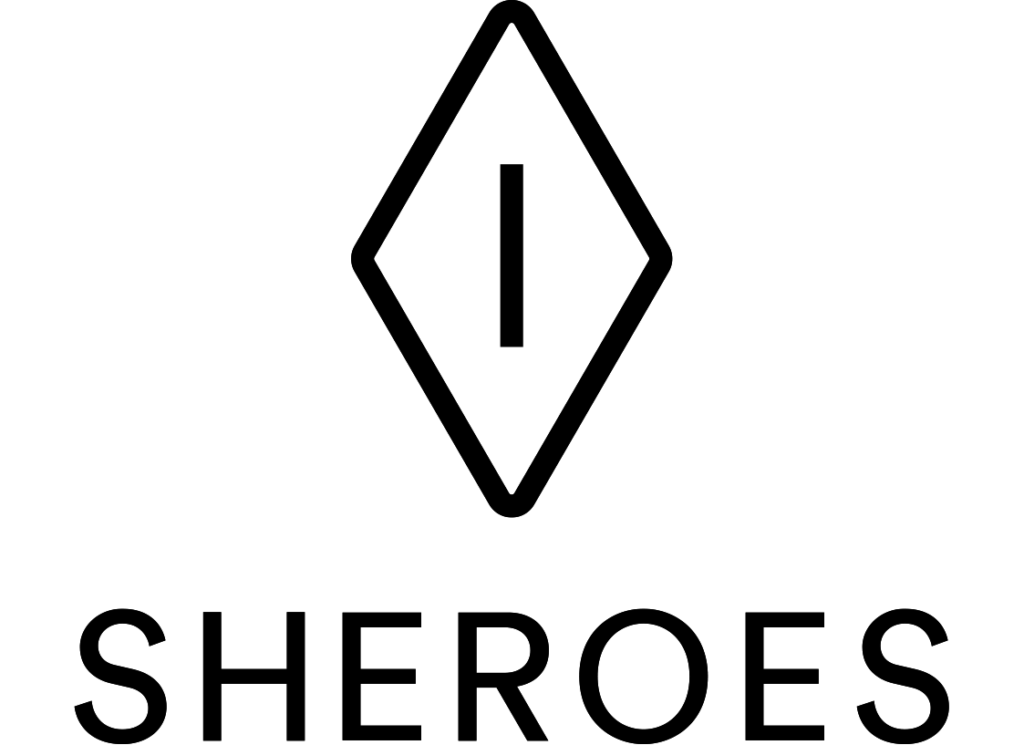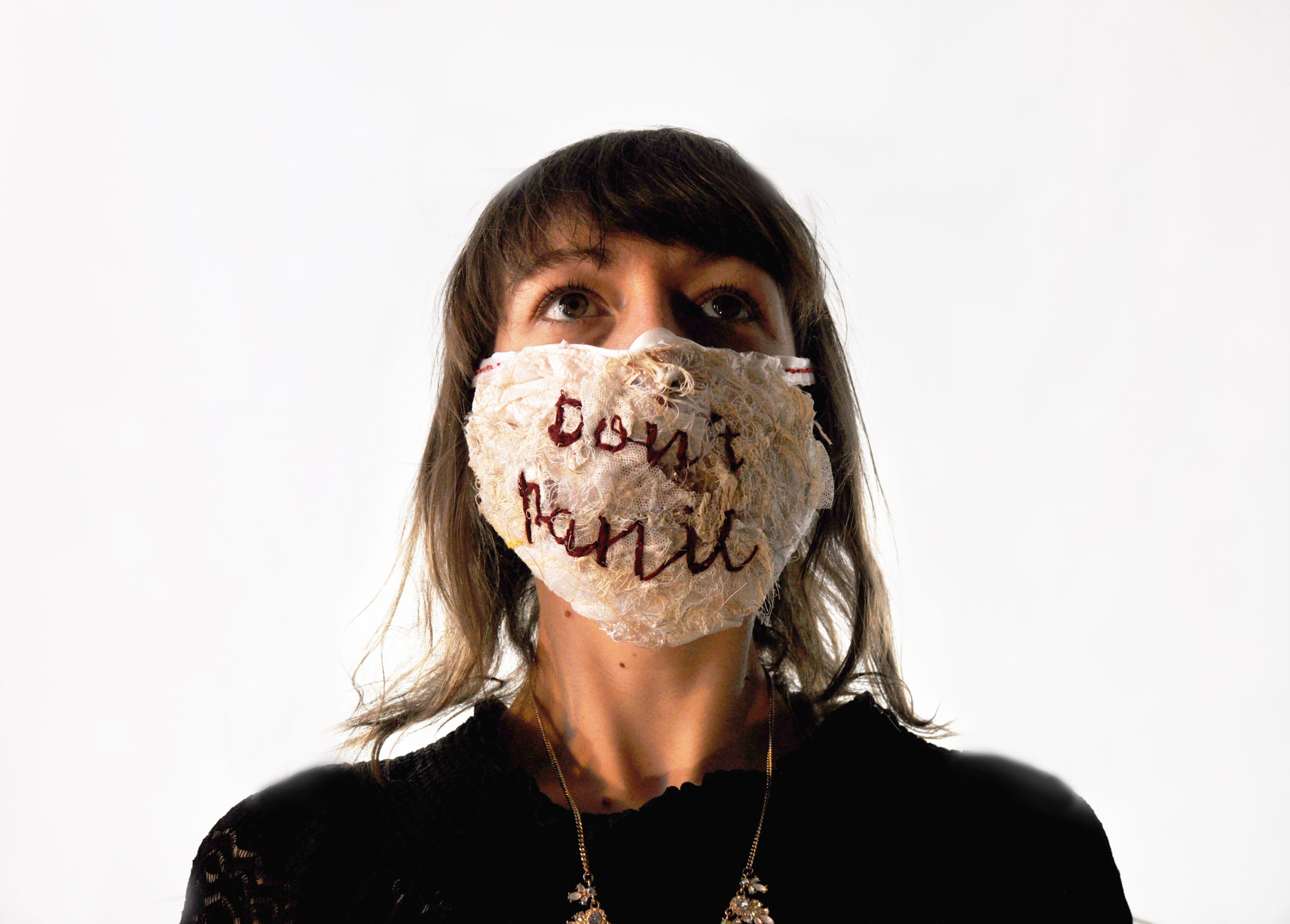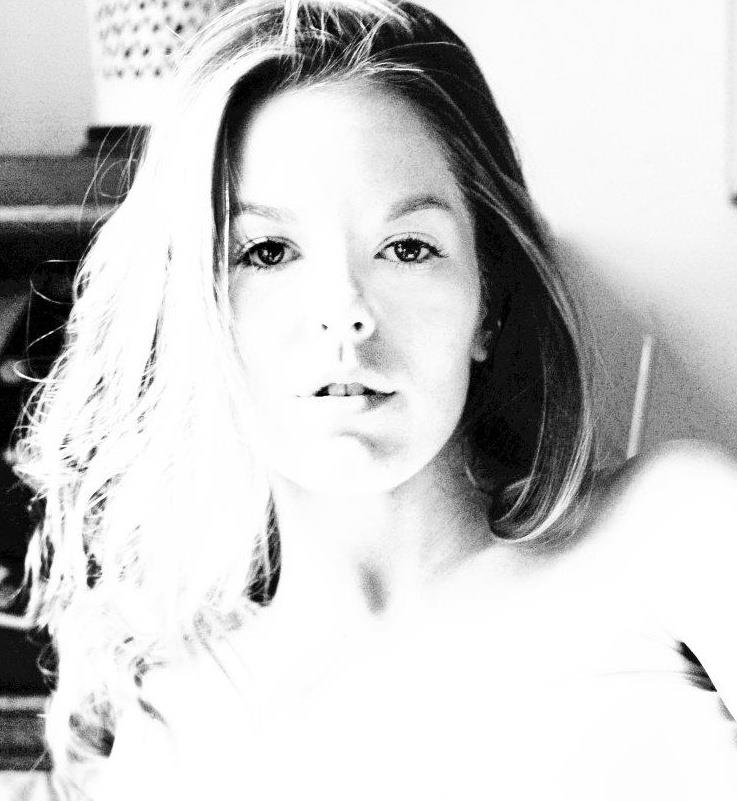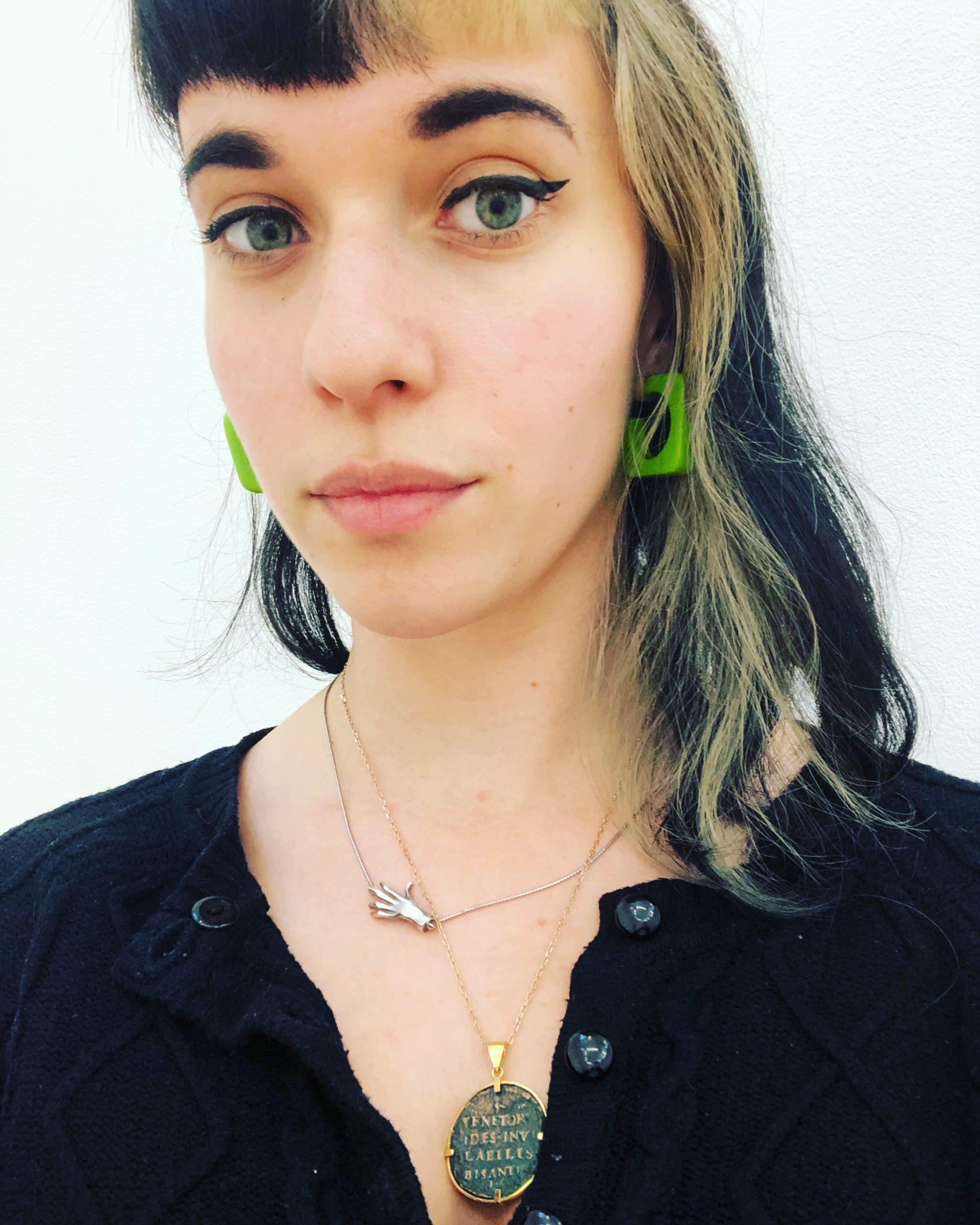“In defying this patriarchy we are loyal to future generations and to life and to this planet itself” (From the introduction to Ecofeminism by Maria Mies (Germany) and Vandana Shiva (India), 1993; new edition, 2014)
The dramatic spread of Covid-19 results from the extremely interconnected global world we live in. As one, we have been asked to step back from our largely capital-focussed world and individualistic tendencies, to be more community-minded in sacrificing our agency and ‘freedom’ to save the lives of others.
Ecofeminist theories argue that modern Western capitalist societies are built upon the exploitation of women and natural resources, matched with the praise of capital and intense labour. Whilst, Ecofeminism is built on principles of cooperation rather than competition. It is about ‘connectedness and wholeness of theory and practice. It asserts the special strength and integrity of every living thing’ (Ynestra King).
Covid-19 is proving we cannot continue to live individualistically and so, as a response to the crisis, feminist collectives around the world are coming forward with new alternative policies and governance proposals that are more ‘community-centred’ and gender-mainstreamed.
It is now evermore obvious that neoliberalism and capitalism do not protect minorities and marginalised groups, and this we must resist.
But, are we as a global body ready for such change? Ready to live beyond consumer culture? There will be many lessons from Covid-19, but how many will remain sustainable and survive to create tangible change?
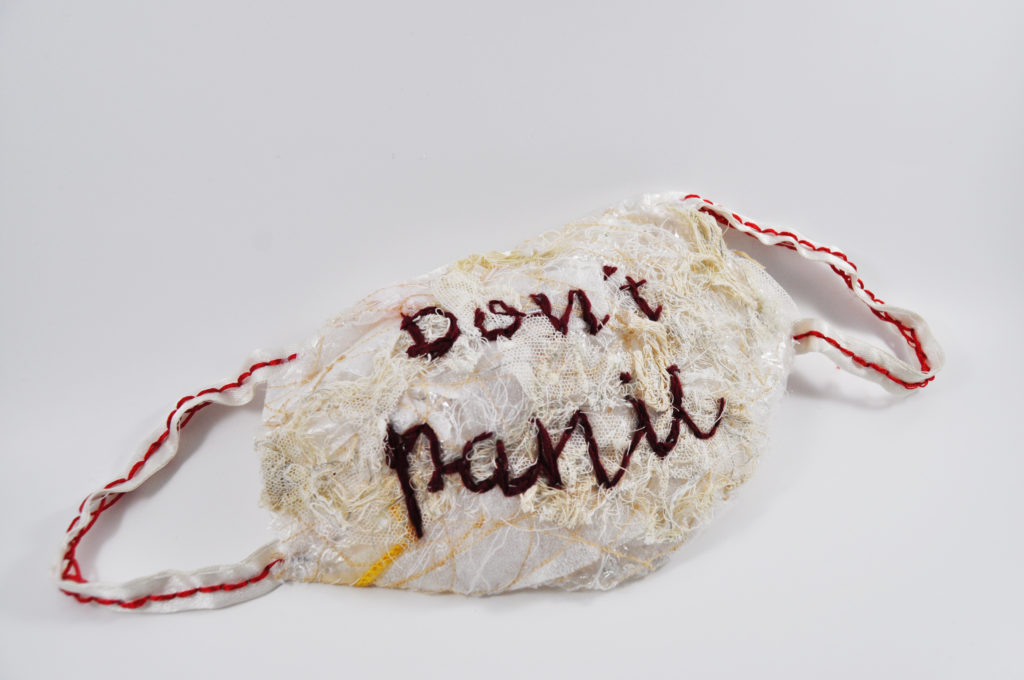
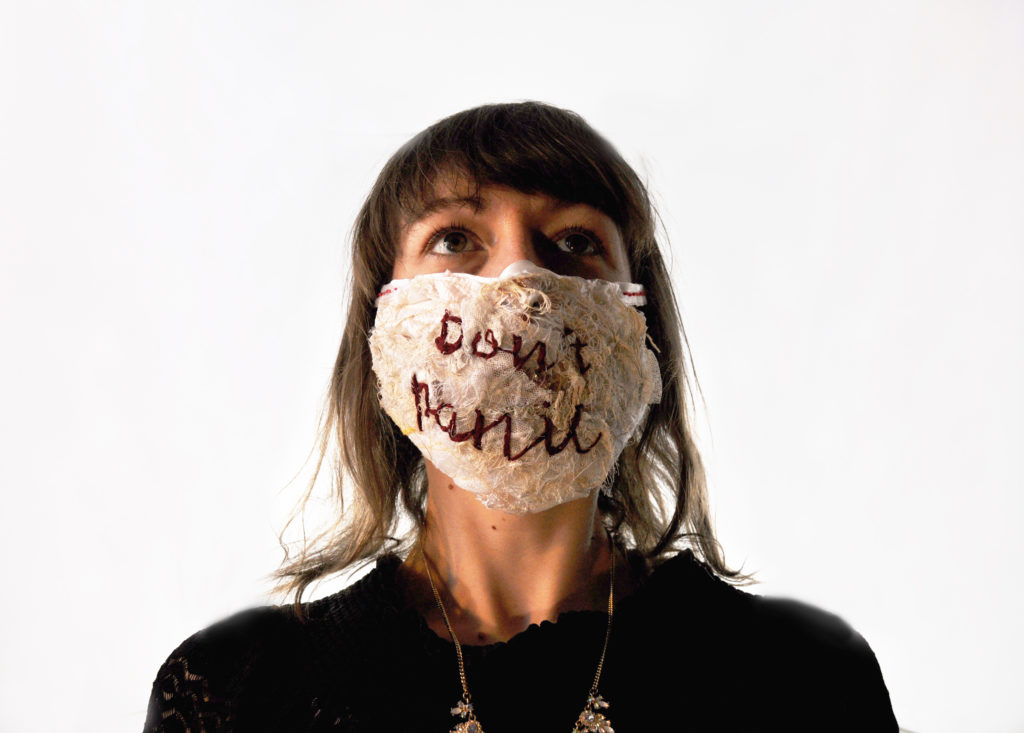
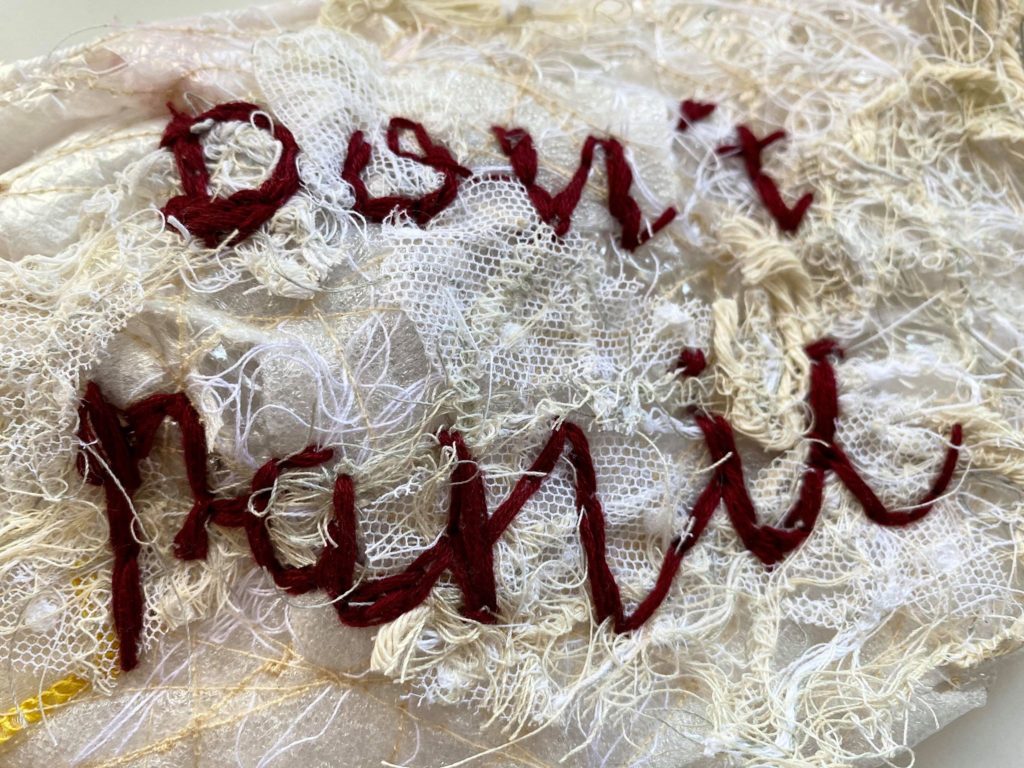
Don't Panic
As people think wearing a face mask can protect them against the Coronavirus, there has been an extreme face mask shortage all over the world. Allison’s face mask is created with plastic waste and thread lace, as plastic waste is something we globally won’t run out of any time soon. Ironically, the mask exists out of multiple see-through layers. “Even with our face masks, hand sanitizers and toilet paper (if you’re lucky), how protected or safe are we, really?” Allison asks.
“If artists and the art community try to make the most out of this situation and if they keep supporting each other, they will get through this. Let us together as an art community, that is stronger than ever, spread positivity and encourage each other. Don’t panic and keep creating. It’s crucial that artists keep their heads up. We need to stay positive. Not only because we owe it to ourselves, we owe it to the community. Seeing how artists keep creating spreads hope and positivity to other members of our society. Maybe our work makes someone smile, offers them a way to relate or gives them some unexpected support. The world needs us.”
AA025
Beyond the illness itself, the rapid onset of the pandemic has transformed daily life in the US, rapidly shuttering daily commerce, crushing small businesses, and grounding flights. Society went from sanitizer to insanity overnight, now plastic gloves and face masks are the norm.
The edge is closer than we think, but illusion won’t free us from reality, even as the sustained narrative of tabloids becomes history and the myth of progress continues to perpetuate inequality. Globalization has moved forward unevenly and no-one can say where this “New Frontier” is leading us. As the natural world is liquidated and substituted with an artificial one, the social landscape becomes increasingly fractured and alienated. No longer in focus, all grand narratives dissipate in the space of post-history, as technological dependency diminishes the tangibility of our experiences. The medium has swallowed the message.
Our time is marked by mass extinction, diminishing resources, global pandemic and climate change. As the vices of the first world burden the third, the skeletons of old factories serve as caveats of growing inequality. The silent landscape is a symptom of a world exploited beyond use and increasingly reduced to a bottom line. Political dissidence is drowned out by the white noise of the media, as it sedates the social psyche with empty promises it proposes for the future it truncates.
Working across different media; film, video, installation, photography, sculpture, sound and text, Heydt presents an abstract proposition for a world on the periphery of history, one that not only appears haunted by the ghosts of the past, but built on it. Conflating time and place, her layered imagery collides, merges and disrupts logical relationships between occurrences. Through adding and subtracting meaning by combining images of destruction with portrayals of the virtues born from the American Dream, Heydt confronts the disillusionment of our time with the ecological and existential nightmare it is responsible for.
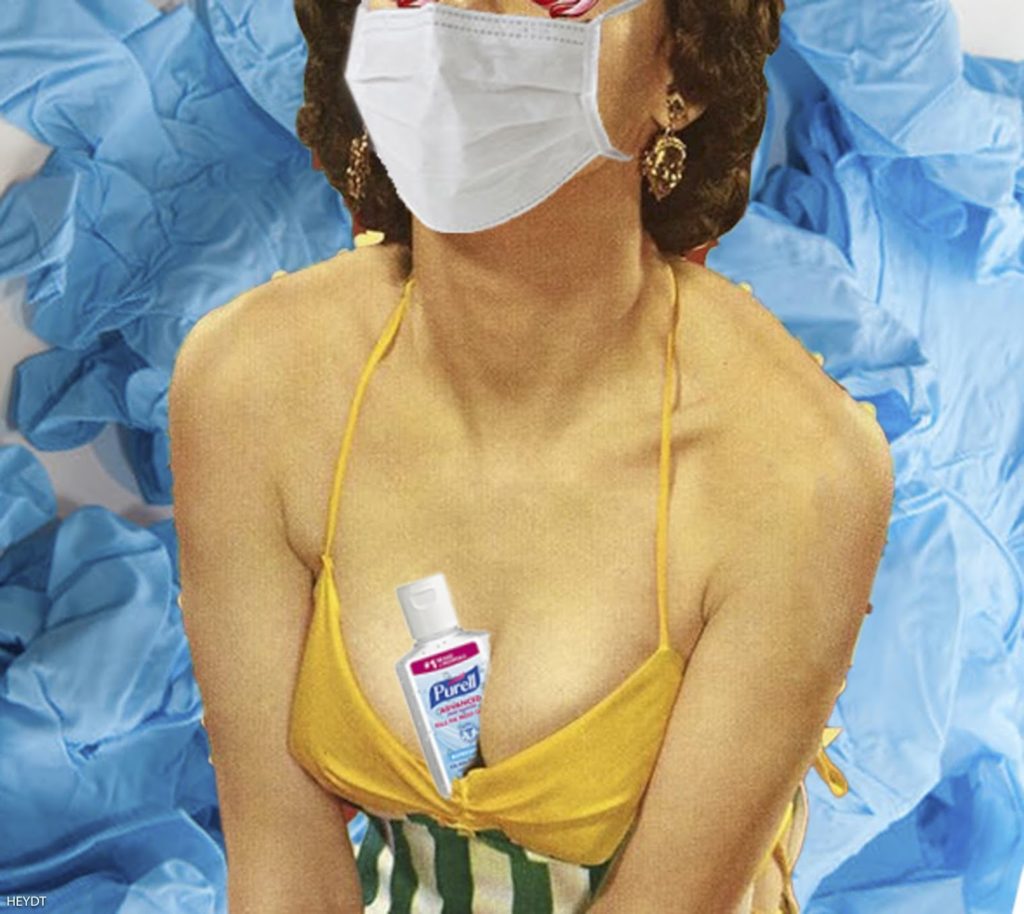
Touch Screen, Touch Me
‘Touch Screen, Touch Me’ connects the public and the private, drawing from the viral internet phenomenon and personal experiences to search for meaning in our ever connected digital age. Looking to draw attention to the difference between our online and offline personalities, and how these blurred lines obscure how we build trust and foundations for real meaning in our relationships. In a time of social isolation and physical distancing our online connection and communities are more important than ever. ‘Touch Screen, Touch Me’ takes on new values and questions whether we can create real relationships, friendships and communities online that transfer through into our physical spaces once we step back out into the outside world?
‘Touch Screen, Touch Me’ reimagines the artist as an AI companion struggling to comprehend the complexities of modern dating. Having downloaded her potential suitors’ internet histories it develops three different personas: the ‘desire object’, the ‘new independent’ and the ‘recovering hurt’ to try to represent the perceived desires of others while redefining themselves as a thinking and feeling machine. This work plays through the pangs of alienation one can experience through shifting personal relationships, renegotiating the boundaries of relationships with friends, family and love interests during a period of self discovery.
Related content
Explore other themes
Get in touch
Powered by
Sheroes is a Lon-art project. Copyright © Lon-art.org 2019. All rights reserved.
About Us
Sheroes is a collaborative project that highlights hidden herstories through the arts.
If you want to support the sheroes cause, please donate. All the money raised will go to running more Sheroes events.
Powered by
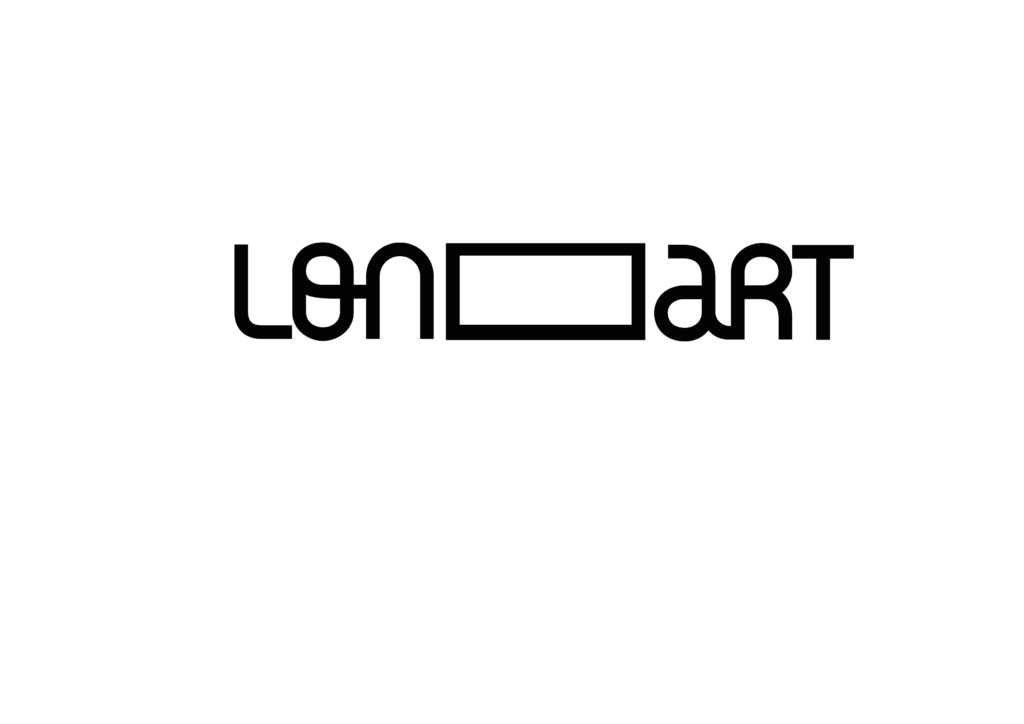
Sheroes is a Lon-art project. Copyright © Lon-art.org 2019. All rights reserved.
